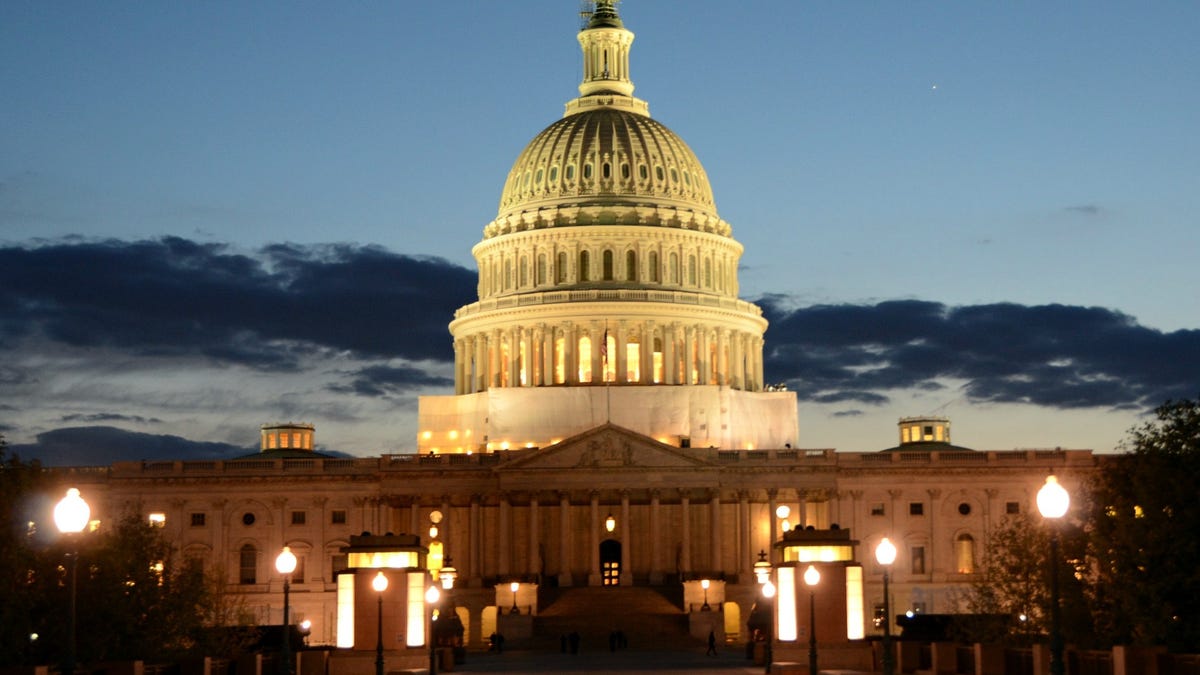DOJ tries to block return of data to MegaUpload user
U.S. files motion asking a federal court to deny a request from a former MegaUpload user for the return of his football videos.

Returning videos to Kyle Goodwin, a former MegaUpload user, would set a bad precedent, the U.S. said in documents, copies of which were obtained by CNET.
The fate of legitimate user data that was locked up following the shut down of MegaUpload, one of the world's most popular cloud-storage services, continues to vex the court overseeing the case. Negotiations between the stakeholders involved, including MegaUpload, the Motion Picture Association of America, the Electronic Frontier Foundation (the advocacy group representing Goodwin) and the U.S. Attorney's office, can't agree on what should be done with the information former users stored on MegaUpload's servers.
Lawyers representing the U.S. Attorney for the Eastern District of Virginia asked a federal court on Friday to deny Goodwin's request for the return of his videos, most of which are of high school sports events. They said that the court has already heard Goodwin's request and that the videographer has already received all the relief to which he is entitled.
The United States also reminded the court that the necessary circumstances don't exist for the court to exercise its "equity jurisdiction." Finally, the government said if the court grants Goodwin's request, it would open the door for any third party to petition the courts any time a search warrant affects them adversely.
"Mr. Goodwin's proposed solution is to have the government bear the financial cost of restoring his data," the U.S. Attorney's office wrote in its filing, "even if that means releasing assets of the defendants which are subject to mandatory forfeiture. Twenty-three years ago, the Supreme Court made clear that a criminal defendant does not have a right to use someone else's money to finance his defense."
The U.S. Attorney's office accused Kim DotCom, MegaUpload's founder, and six other defendants with operating a thinly veiled piracy service. MegaUpload's managers allegedly enriched themselves by encouraging users from around the world to make illegal copies of movies, music, and software and then store that material on the company's servers.
DotCom and the other defendants deny that and say they oversaw a legitimate operation. The company said that it can't be held legally responsible for the copyright infringement committed by users.
When MegaUpload was shut down and the company's servers subpoenaed by the government, all the user data was taken offline. Goodwin says that he was the rightful copyright owner of the video he shot and now just wants it back. The district judge overseeing the case in April requested all parties to try and come to a negotiated settlement about what should be done with the user data.
Two weeks ago, Goodwin reported back to the court that talks had stalled and again asked for his videos back. The Motion Picture Association of America, the trade group for the six film studios, is concerned that pirated movies and TV shows aren't once again circulated but said last week that it has no objection to legitimate content being returned.
It's worth nothing that the government, in its brief, wrote Goodwin has another legal option to pursue if he believes his possessions weren't treated fairly. "Mr. Goodwin," the government's lawyers wrote, "can sue MegaUpload or Carpathia [Hosting, the company that hosted MegaUpload's servers] to recover his losses."

